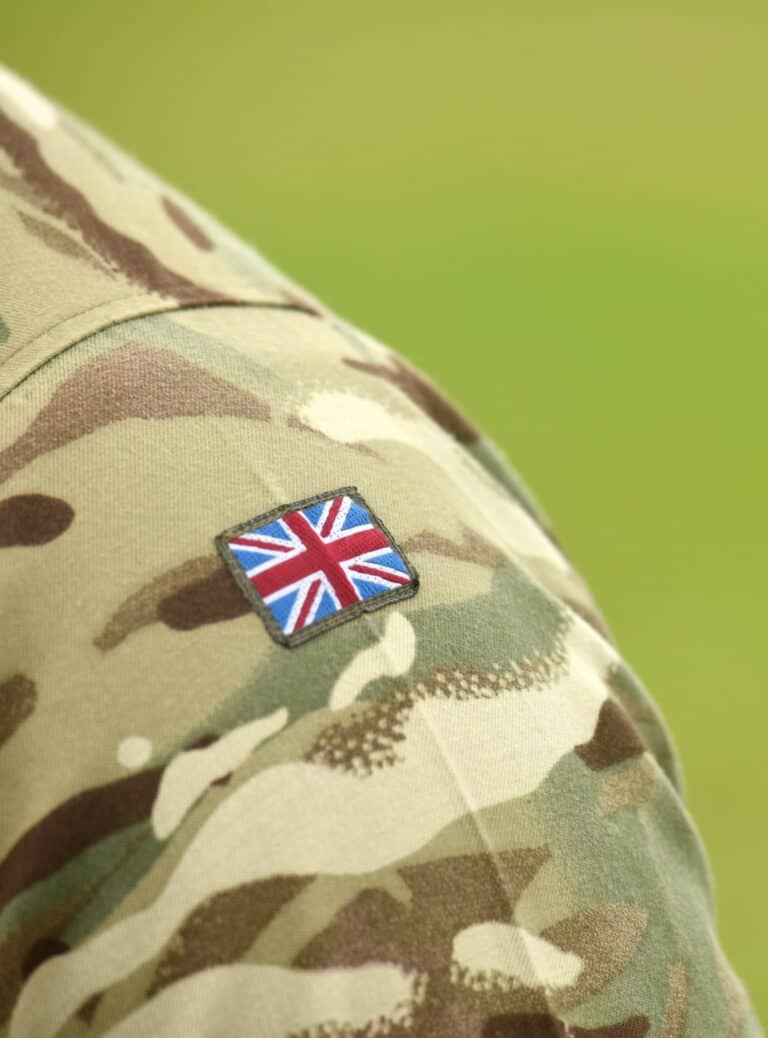NFCI: The Journey to Settlement
No journey to settlement is the same for each client. Whilst it usually involves the same process, the issues and experience can depend on how the defendant approaches the claim. No matter what the journey, in my experience, all of my clients have been happy they decided to pursue a claim by the time of settlement.
NFCI claims process
After working on these claims for a number of years I have noticed that the Ministry of Defence (MoD) rarely admit responsibility for causing a Non-Freezing Cold Injury (NFCI). More often than not these claims are defended, which means that cases can take longer to resolve.
It is the responsibility of the injured person to prove the negligence and loss. For an NFCI claim, this can be done by:
- Obtaining medical and personnel records
- Collecting other documents that support the claim, such as:
- Risk assessments
- Weather data
- Photographs or videos taken during the exposure
- Newspaper articles
- Obtaining a medical report from a NFCI expert
- Obtaining an employment report from a military expert
- Drafting witness statements
- Getting documents to support the losses (my colleague has drafted an excellent blog setting out what losses can be claimed for.)
Once all of the evidence has been exchanged, the parties will usually think about trying to settle the claim. A claim can settle by:
- Making offers
- Meeting with the MoD
- Going to trial
When a settlement is reached, the money will help to financially support the client and their family.
A question that is often asked is how much compensation is likely to be achieved. This is really difficult to predict as it depends on the specific circumstances. The idea of a compensation claim is to put you back in the financial position you would have been in had you not suffered an injury.
A worked example
My client sustained a non-freezing cold injury during a promotional exercise in the Brecon Beacons after being left outside, without shelter, during a snow storm. Despite being medically downgraded, he was ordered to attend a further exercise in cold and wet weather conditions. This made his symptoms worse and resulted in his medical discharge.
He brought a claim for negligence and argued that the Ministry of Defence exposed him to a foreseeable risk of harm. The Ministry of Defence denied liability throughout the claim but we maintained a firm stance and obtained numerous witness statements that supported his case.
We obtained evidence from an expert vascular surgeon and an employment expert and their expertise helped to calculate our client’s Army and civilian earnings. Our client’s injury caused him to lose a career he was passionate about and he struggled to adjust to life in the civilian sector.
The claim settled at a joint settlement meeting for £450,000. The compensation has helped to put him and his family back in the financial position they would have been had he not suffered the NFCI.
Whilst the claim was ongoing my client was paying a high rent and his wages were used up by the end of the month. Since the settlement he has used some of the money to buy a house for him and his family, which will set them all up for the future.
For more examples please see our success story page.
Why bring a NFCI claim?
There are a number of benefits of bringing a successful NFCI claim:
- It ensures that you are not financially worse off because of your injury
- If your NFCI affects your ability to look after yourself it can cover the costs of care
- A NFCI can mean that it is more difficult to find and retain suitable employment. The compensation can help to reduce the financial pressures if you ever find yourself out of work.
- It can help you adjust to life after the military and provide some closure
- It can contribute to changes within the military culture to recognise NFCI as a serious condition and help to put in place effective systems to avoid these injuries happening to others
If you have suffered a NFCI during service it is worth investigating whether you may be able to bring a compensation claim. The process can seem daunting at the beginning but, at the point of settlement, all of my clients have been happy that they went through it.










